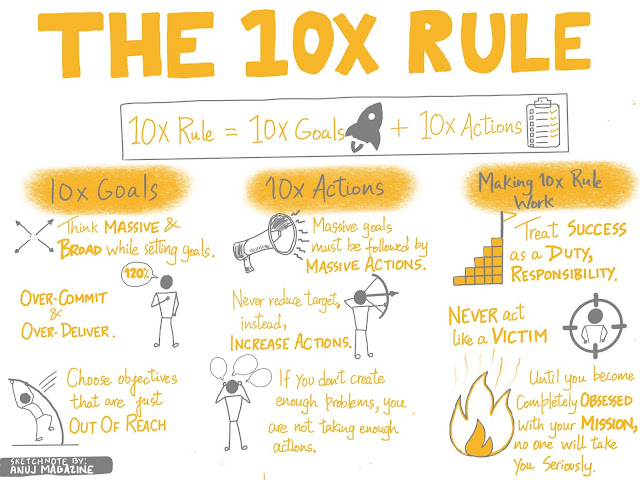"Everyone needs a coach. We all need people who can give us feedback, that's how we improve." said Bill Gates in one of his TED Talks (
https://bit.ly/2WS1Vfh).
I loved reading the book- "
Finding the Gaps: Transferable Skills to Be the Best You Can Be" by an ace cricket umpire Simon Taufel. Highly recommend the book not only because it is written by someone in an 'not-in-the-limelight' part of the sport but also because it has within it some wonderful lessons that can be applied universally. It takes as much dedication to ace the profession of an umpire as it does to become a world's best batsman or a bowler.
In one of the chapters, he talks about the concept of coachability. Coachability as a professional skill doesn't get as much spotlight as it should. To be coachable, you must always be looking to learn something new and learn from any resource at any level and see if that new piece of information can improve what you do or the way you do it.
You should be prepared to #askquestions and ask for help.
Sharing summary of my learnings via the #sketchnote below.
And also take this opportunity to express my gratitude to Utkarsh Rai for some relevant and powerful coaching sessions. Thank you Utkarsh.
Some more nuggets from the book:
- Trying to be the best version of yourself is the most crucial step, and this can be achieved by observing others- what they do better, their strengths, and the applying those learnings to your own game.
- To be coachable, you must always be looking to learn something new and learn from any resource at any level and see if that new piece of information can improve what you do or the way you do it.
- it was once written- 'when the student is ready, the teacher will appear.'
- the main attributes of being coachable or having a coachable attitude-
1. Ability to ask questions.
2. Search for new information.
3. Learn from others.
4. Try new things with passion and positivity
5. Work hard.
listening, looking for new information, seeking to learn from experts in their fields, and trying new things with passion and positivity.
- You should be prepared to ask questions and ask for help.
Six key behavior traits
1. Clarity (know what you want from your coach)
Be vulnerable, Be open to reflection and review
2. Listen (improve your communication skills)
Not only your ears need to be open, but also mind.
Your mind must be alert to the possibilities and potential of getting that smaller nugget of gold that will help you get little bit better.
Every person you meet has at least one skill better than you, or they known something that you don't, and the challenge is to find that out.
3. Accountability (take responsibility of your performance)
'your performance today is the only thing that matters.'
Never say 'They made me do it.' 'I didn't do it.' 'That's not my job.'
4. Ownership (control your actions and focus)
Ensuring you focus on what you can control and leaving other variables asides can be difficult at times, but this is a crucial ingredient to coachability.
Being coachable means focusing on your own game, doing everything you can do with what is in front of you, playing your cards and not finding excuses.
5. Humility (seek additional help and resources)
The beginning of the end is when we think we know it all.
To be coachable, it is necessary to have an attitude where you don't know it all and others can help you.
If you don't ask, you don't get. It's amazing what others will share with you if you ask them respectfully.
6. Passionate (be determined to get better)
Working on coaching relationship is just as important as working on coaching tasks.
Sketchnote summary:
LinkedIn post:
https://www.linkedin.com/posts/anujmagazine_askquestions-sketchnote-coaching-activity-6650058653682503680-6VSE
Twitter post:
https://twitter.com/anujmagazine/status/1245337437347307520?s=20






